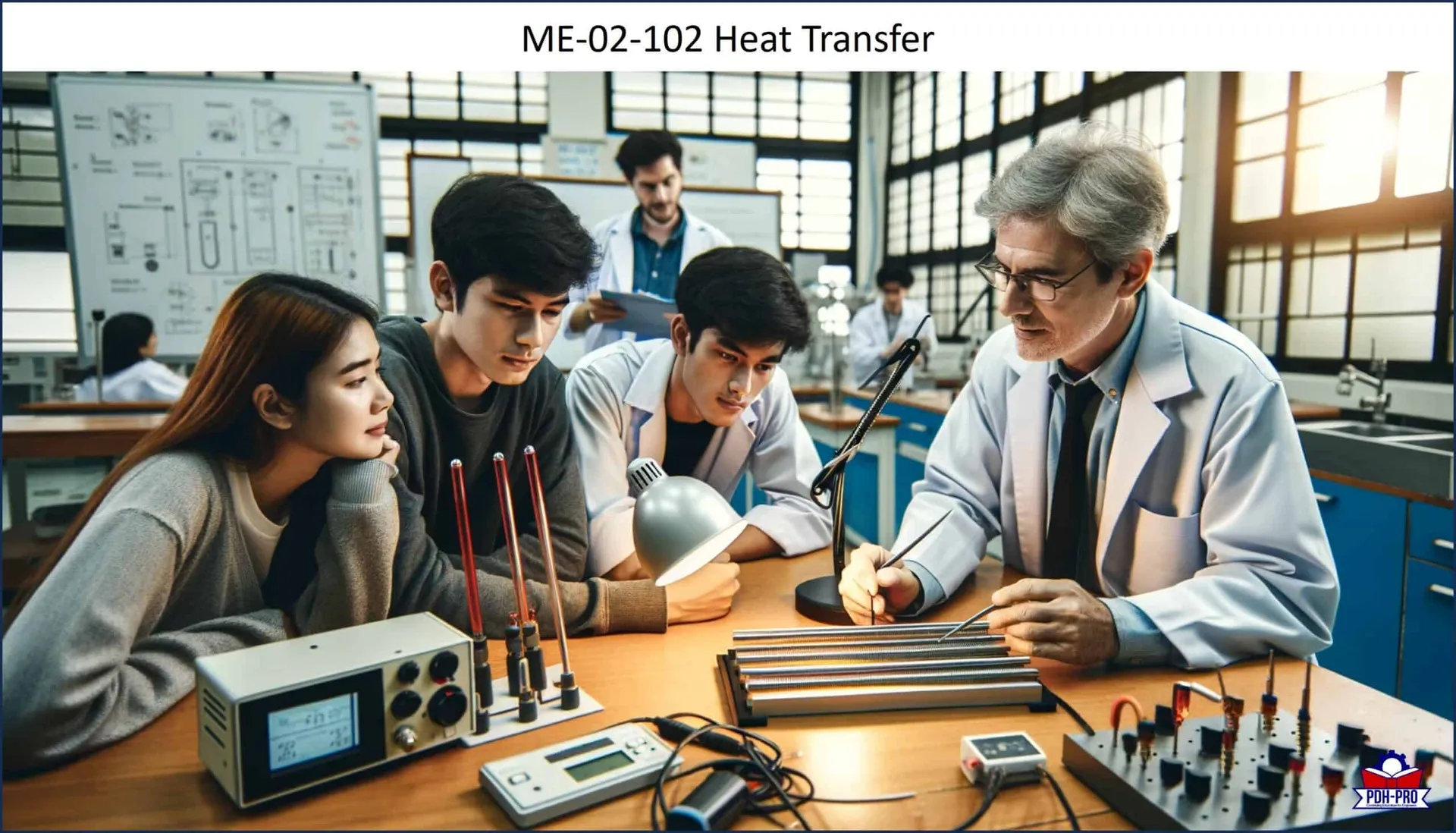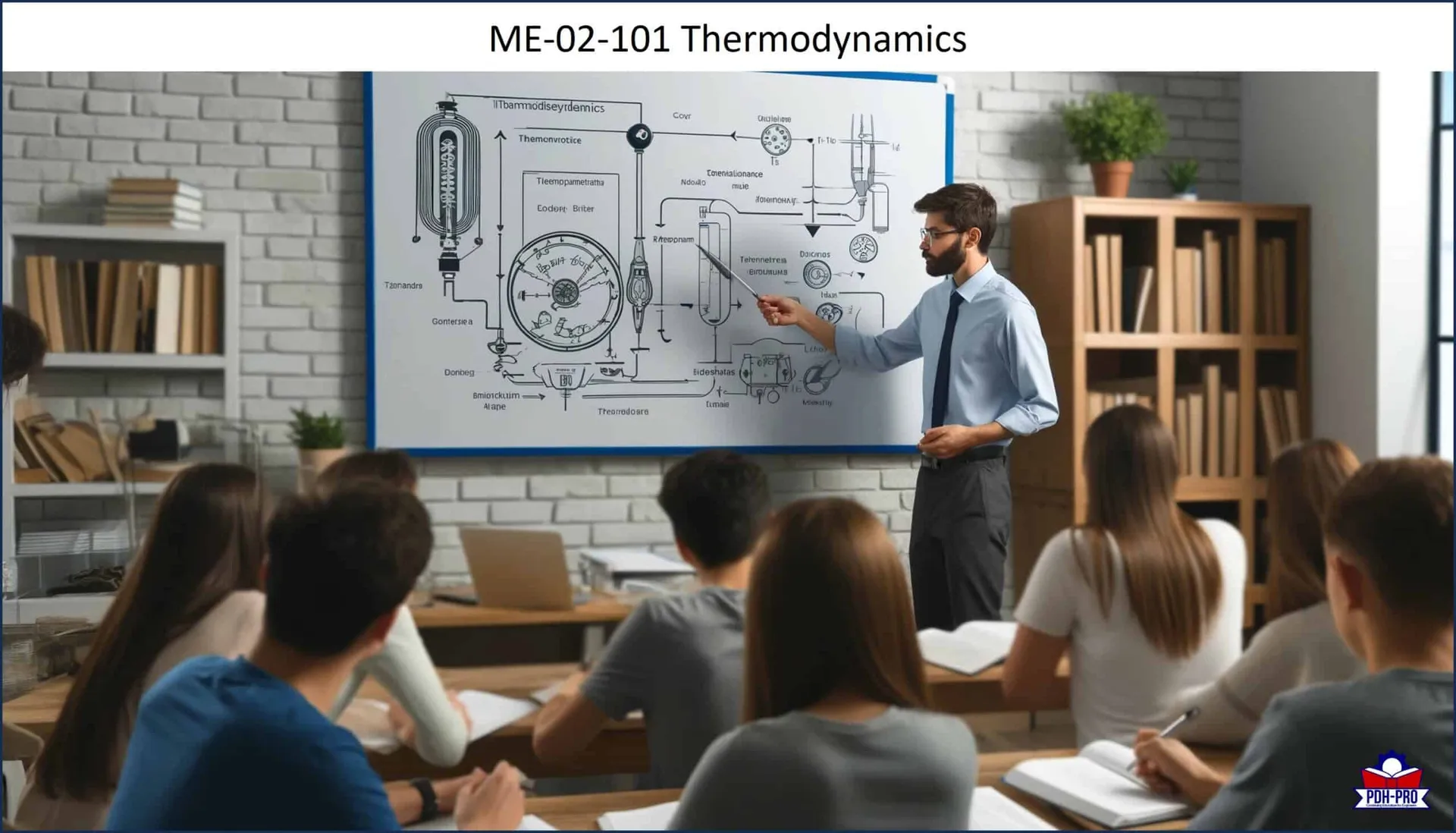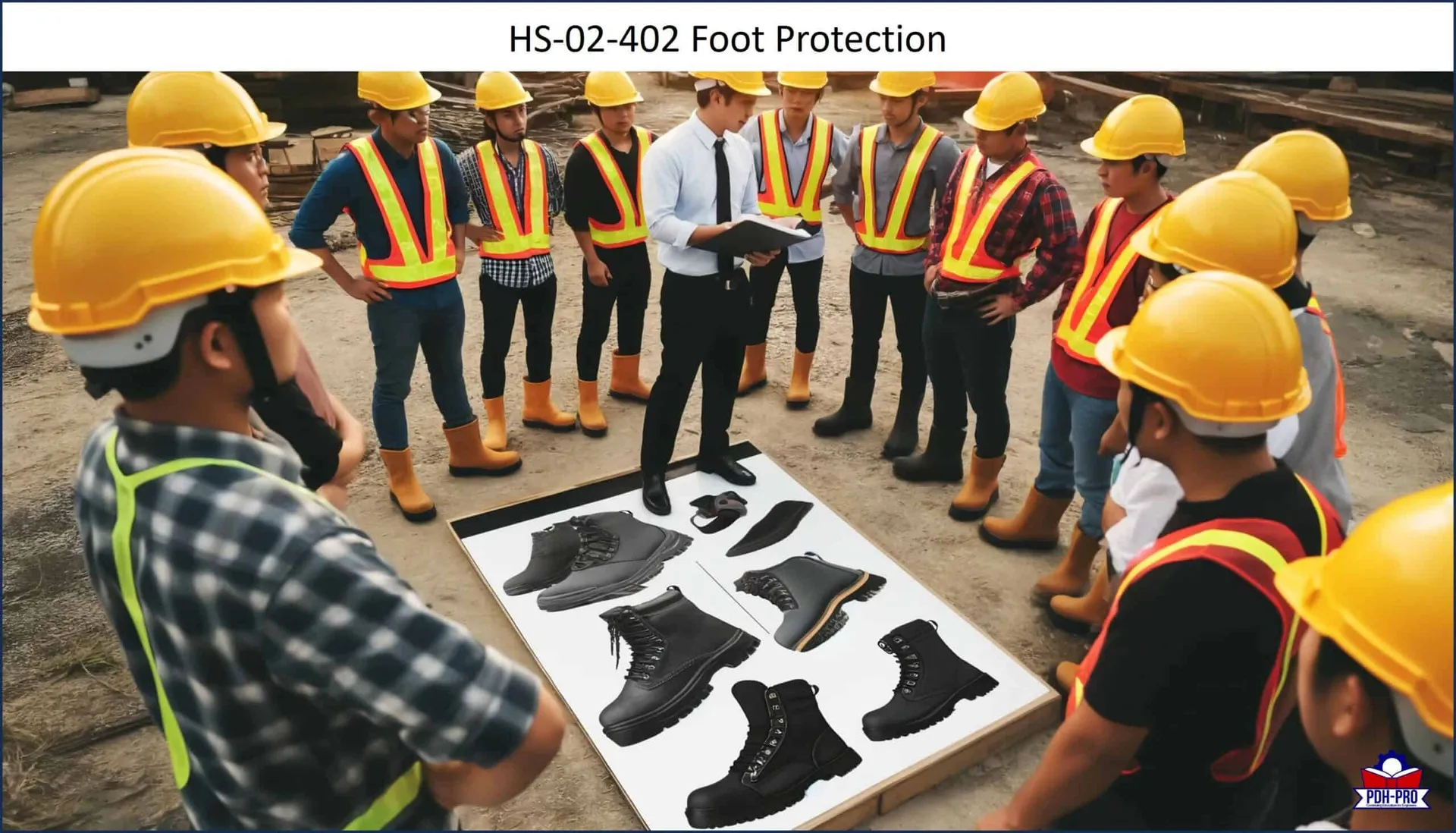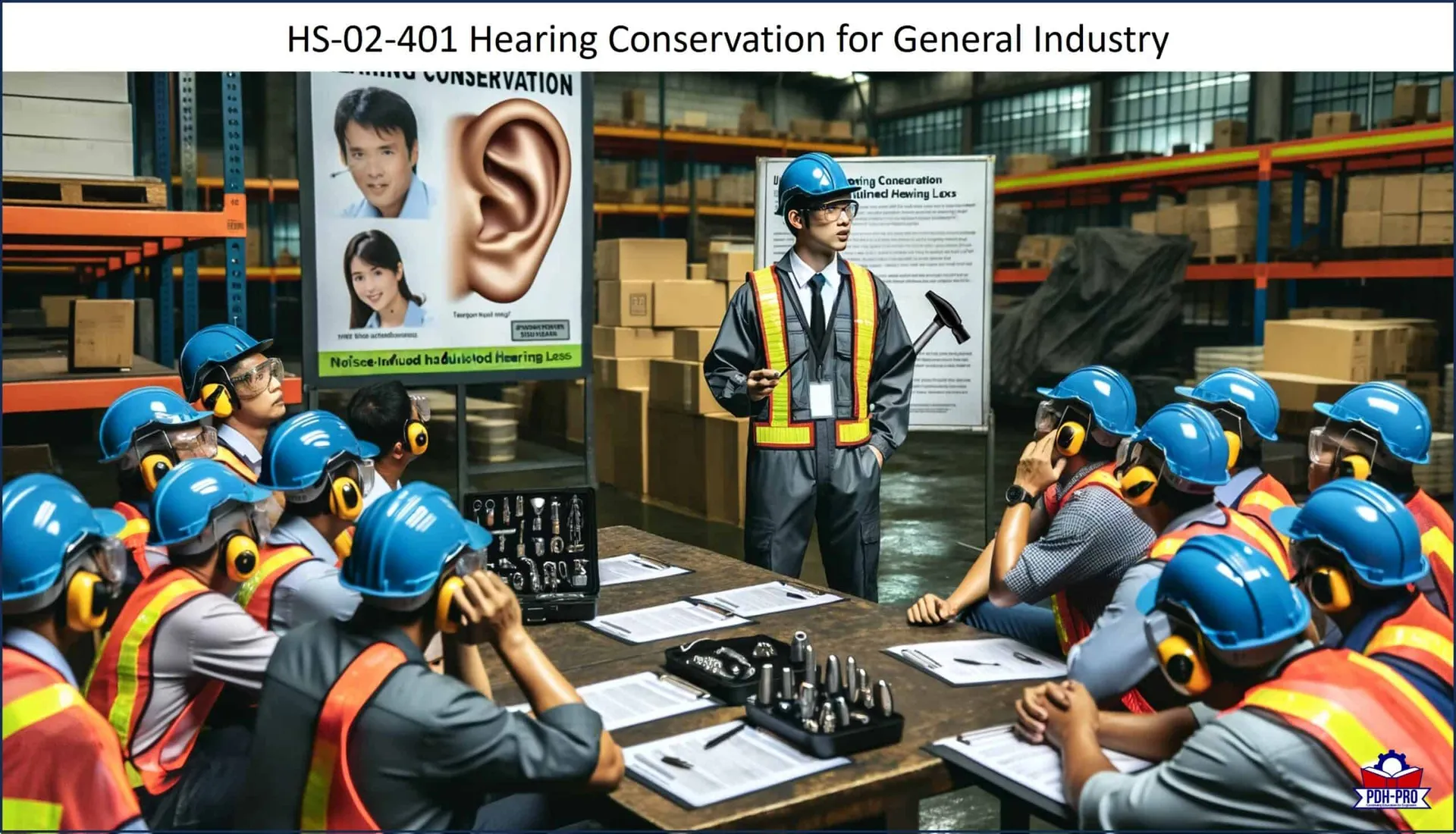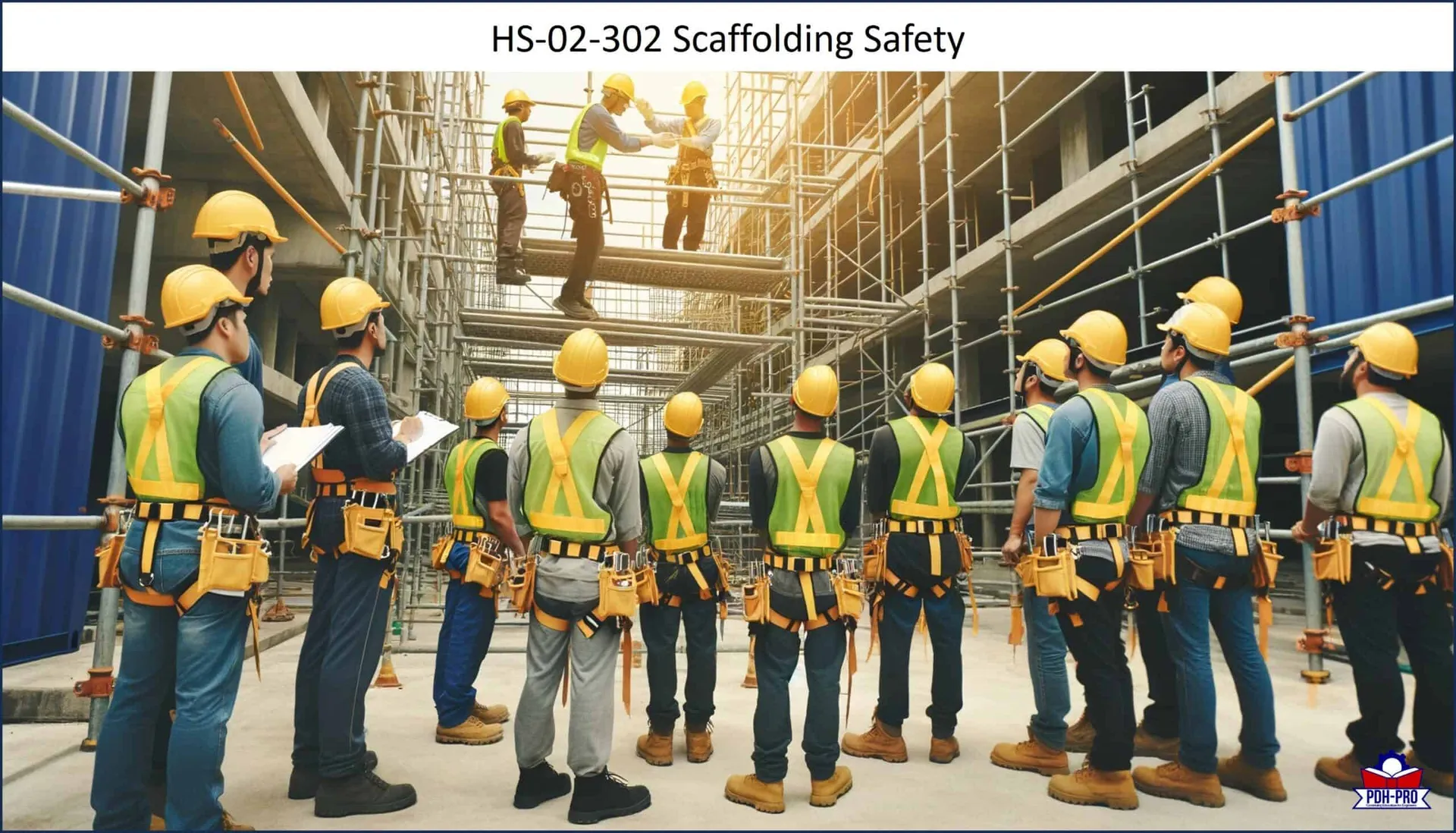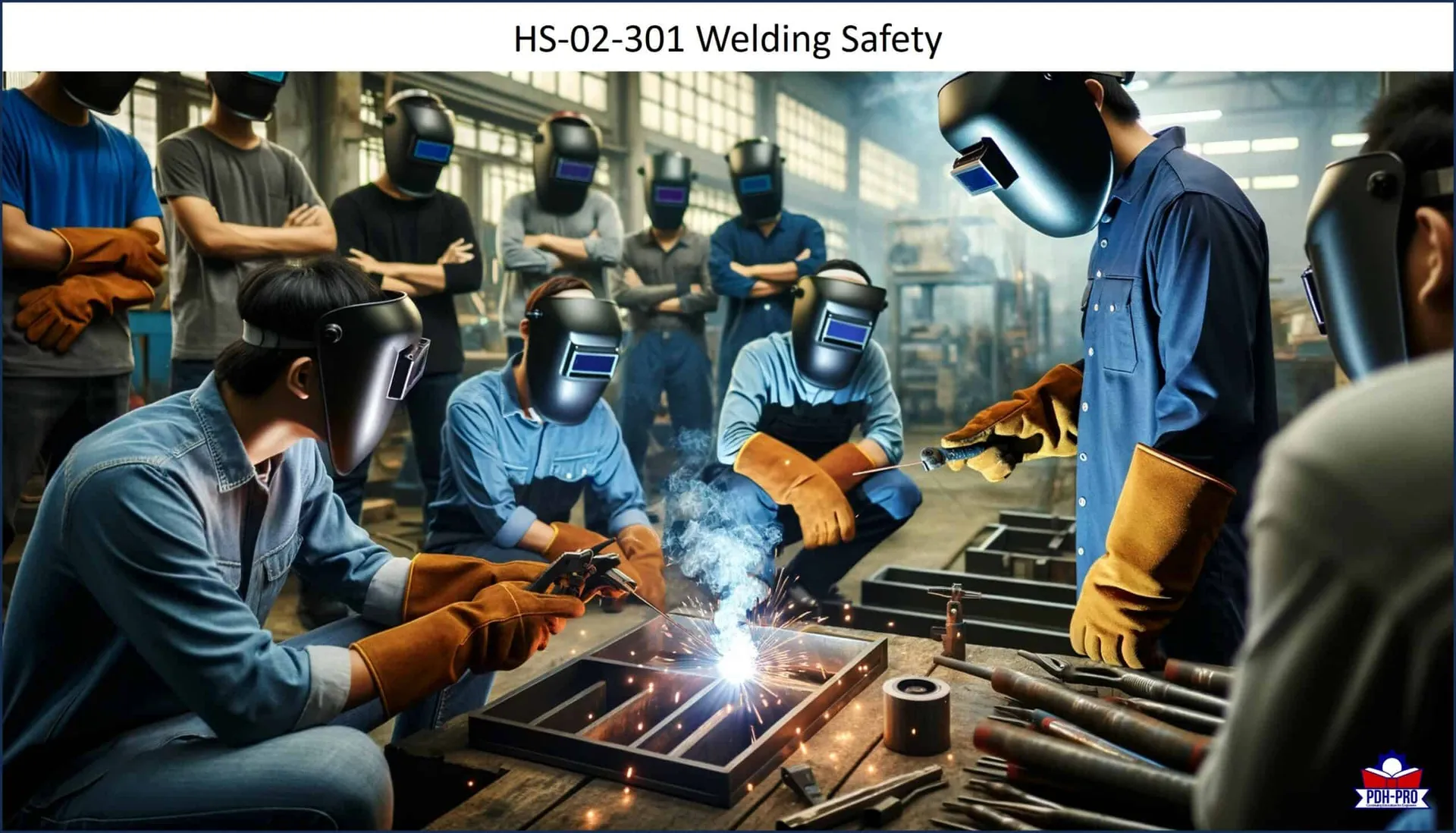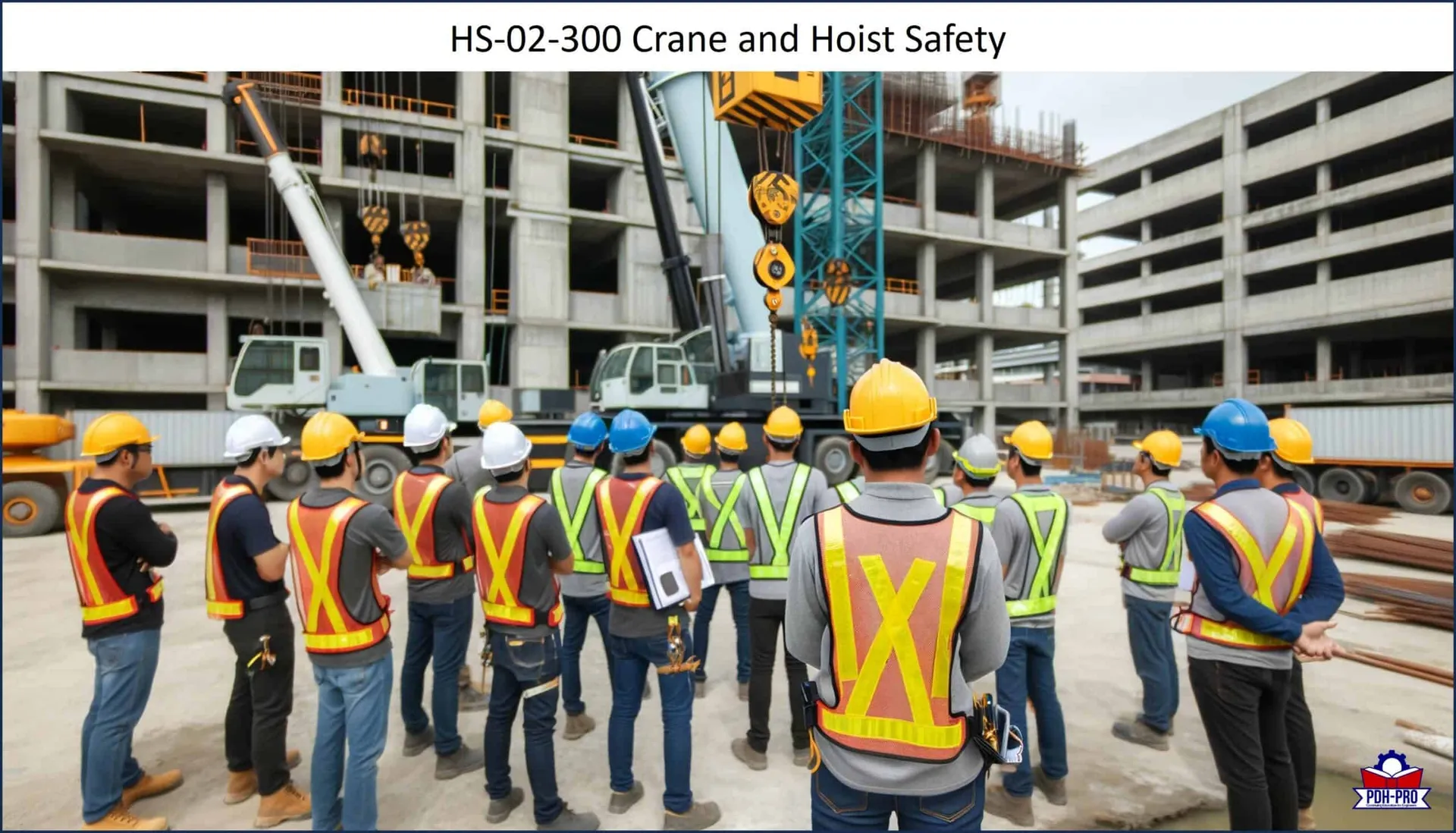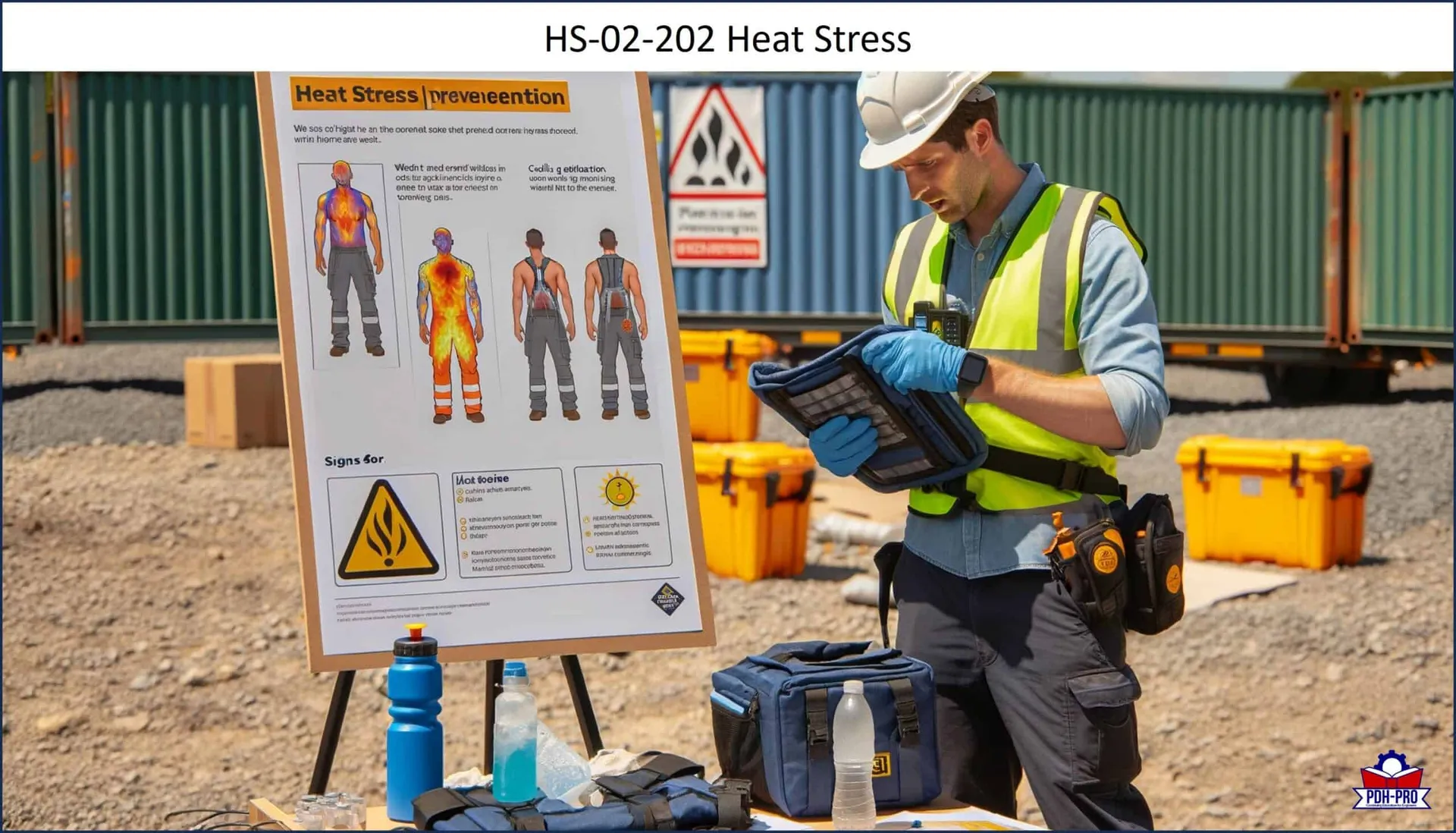
- Home
- Contact Us
- Corporate Solutions
- Webinars
- Packages
- Courses
- Categories
- Live Webinars
- Packages
- Chemical Engineering
- Civil Engineering
- Electrical Engineering
- Petroleum Engineering
- Environmental Engineering
- Geotechnical Engineering
- Mechanical Engineering
- Structural Engineering
- Sustainability
- State Rules and Regulations
- Ethics and Law
- Project Management
- HSSE
- Petroleum Engineering
- Timed & Monitored – Ohio
- On Demand Webinars
- More
Courses
Select from Our Online Continuing Education CoursesHeat Transfer
Heat Transfer The transfer of heat is an integral part of many industrial processes. Moreover, heat transfer affects our everyday lives – from an oven heating our dinner to the wind cooling us on a hot summer day. Thus, it is important that the engineer understands how to apply the basic principles of heat transfer…
Thermodynamics
Thermodynamics This course provides a detailed overview of thermodynamics including thermodynamic principles in practical industrial, commercial and residential applications. The student will comprehend, analyze and solve various types of practical thermodynamic problems through several case studies. Laws, equations, graphs, charts, tables and diagrams, pertaining to various thermodynamics concepts, are covered and utilized in the analysis…
Foot Protection
Foot Protection This course provides information about the OSHA standard for foot protection in the workplace. It outlines the employer’s responsibilities to supply PPE, provide training, and ensure safe working conditions exist. The course provides detailed information about the various types and causes of foot injuries and protective footwear that is available to avoid injury…
Hearing Conservation for General Industry
Hearing Conservation for General Industry This course provides information about the causes of hearing loss and methods and practices that can be used to minimize and eliminate harm. Details about hearing protection are presented and the relative advantages and limitations of each type of equipment are reviewed. Information about sound and how it is measured…
Scaffolding Safety
Scaffolding Safety This course provides information about OSHA Standard for Scaffold users, 29 CFR 1926.454(a). The roles and responsibilities of the engineer, the competent person, and the qualified person are described. It describes the general features of scaffolding and presents details about the 25 currently used scaffold systems. This course focuses on hazard identification and…
Welding Safety
Welding Safety This course provides information about the risks and hazards associated with welding and includes best practices to avoid injury to workers. It addresses the hazards of working with compressed gases and cylinders, provides procedures for storing and transporting cylinders, and describes inspection and labeling requirements. The course also explains proper procedures for using…
Crane and Hoist Safety
Crane and Hoist Safety This course provides the basic information necessary for safe operation of cranes. It focuses on hazard identification and prevention. It identifies different types of cranes and hoists and the guidelines for their use, presents procedures for proper inspection and maintenance, and outlines the guidelines for proper equipment testing. This course touches…
Heat Stress
Heat Stress This course provides information about the risks and causes of heat stress and includes methods to minimize their effects. It presents the factors leading to heat stress, the effects of elevated temperatures on the body, and the body’s reaction to heat. Detailed information about the symptoms of heat cramps, fainting, and heat rash…
PE Continuing Education: Expert-Led Instruction & Industry-Relevant Materials with PDH Pro
PDH Pro is a trusted source for state-approved PE continuing education courses that are designed to help professional engineers maintain their licenses, fulfill Continuing Professional Competency (CPC) credits, and expand their expertise. With over 1,000 courses available, covering all major engineering disciplines, PDH Pro makes it easy for you to find the right course, in the right learning environment, whether that’s live webinars, on-demand training, or self-paced learning.
Why Choose PDH Pro for Engineering Continuing Education?
- Expert-Led Instruction – Learn from seasoned engineering professionals with real-world experience.
- State Board Approved – Our engineering training courses are guaranteed to be accepted by your state licensing board.
- Immediate Certificate Access – Complete your exam online and download your certificate instantly.
- Flexible Learning Options – Choose from self-directed courses, live webinars, and on-demand training.
- Affordable Pricing – High-quality courses at competitive prices to fit your budget.
- Wide Range of Topics – Courses available in civil, mechanical, electrical, environmental engineering, and more.
How PDH Continuing Education Courses Work:
- Browse & Enroll – Search our extensive catalog of PDH-approved courses.
- Complete Your Course – Study at your own pace or join a live session.
- Take the Exam – Pass a short quiz to earn your PDH credits.
- Get Your Certificate – Download your certificate immediately after passing.
Popular Courses
- Live Webinar: Introduction to Arc Flash (3 PDH) – $154
- Treatment Technologies for Frac and Produced Water (5 PDH) – $120
- Flint and Lead: The Water-Public Health Connection (1 PDH) – $40
- Membrane Bioreactors for Wastewater Treatment (4 PDH) – $84
State Licensing Requirements & Compliance
PDH Pro ensures that all courses meet state licensing board requirements for professional engineers. Our courses are fully compliant with NCEES standards and designed to help engineers stay current on industry regulations, ethics, and technical advancements. We are an approved provider of CPC credits in several states, including:
- New Jersey
- North Carolina
- Maryland
- Indiana
- New York
- Florida
On-Demand & Live Webinars
PDH Pro offers both self-paced online courses and live interactive webinars to meet state-mandated continuing education in engineering requirements. Our on-demand webinars provide access to expert-led instruction on topics such as engineering ethics, state laws, and specialized technical subjects. With flexible learning formats, engineers can choose the option that best suits their professional and licensing needs.
PE Continuing Education: Start Learning Today
Earning your PDH credits has never been easier. With instant access to courses, expert-led instruction, and state-approved materials, PDH Pro helps you stay licensed and ahead in your career.
Sign up today and start your next professional development course!
